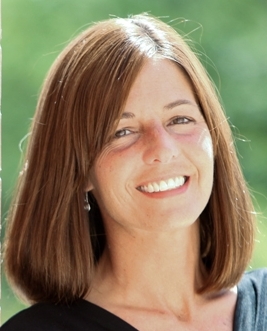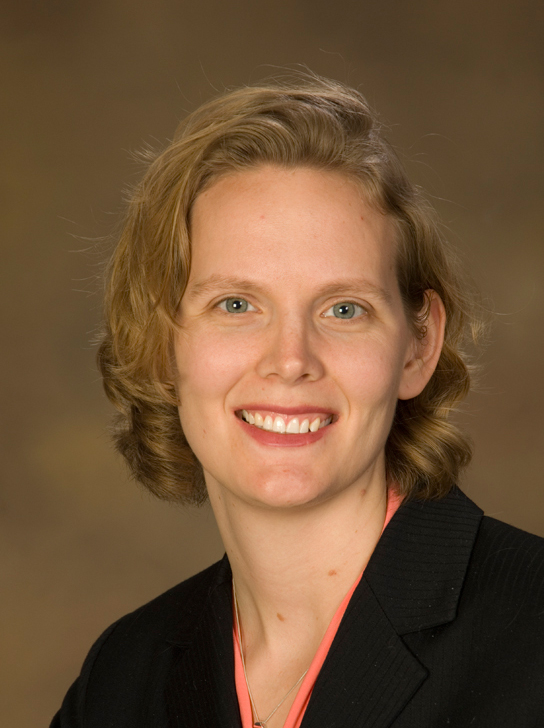Rise in number of Arizona parents choosing not to vaccinate their children
 |
| Elizabeth Jacobs, PhD |
The Arizona Department of Health Services (ADHS) reports an upward trend in children being exempt from vaccinations due to personal beliefs. Over the last 10 years, the number of parents choosing not to vaccinate their children for non-medical reasons in Arizona has more than doubled.
Epidemiologists Elizabeth Jacobs, PhD, and Kacey Ernst, PhD, at the University of Arizona Mel and Enid Zuckerman College of Public Health, are working with the ADHS to identify schools in Arizona where vaccination exemptions are high.
Arizona is one of several states in the U.S. that allows parents to opt out of childhood immunizations based on personal beliefs. This may include religious beliefs or other beliefs such as vaccination being harmful. There are also medical exemptions for children who are unable to take vaccines due to previous adverse reactions or allergies to components of the vaccine.
 |
| Kacey Ernst, PhD |
“As a mother, I got interested in this area when it came time to vaccinate my own children. A cursory glance at internet sites was actually terrifying, but when I went into the medical literature my fears were laid to rest. So I understand how scary media reports can be to parents trying to do what is best for their kids. Kacey and I started this study because we want to understand the barriers to vaccination and to learn what information would make parents feel better about vaccinating their children,” said Jacobs, associate professor of epidemiology.
Vaccination rates have declined since British surgeon Andrew Wakefield linked autism to immunization coverage for measles, mumps, and rubella (MMR). The Lancet, which published the original Wakefield paper in 1998, retracted it.
“He wrote the seminal article which put forth the hypothesis that autism was caused by the MMR vaccination. Several key public figures really took this on as a cause and pushed it forward into the public eye where this supposed link has really been perpetuated despite rigorous well-designed studies which have found no link between the two,” said Ernst.
“There are both individual and community risks to not vaccinating your children. First, your own child will not be protected from diseases that have claimed countless numbers of lives over the course of mankind. And secondly, as more people choose not to vaccinate the risk of these childhood diseases being reintroduced with large-scale outbreaks increases. The decision you make for your children impacts not just them but all the others around them,” said Ernst.
The team will study whether there are pockets in Arizona where immunization rates are lower than what is required for herd immunity.
“Herd immunity levels required to prevent an epidemic from occurring in a population vary by disease,” said Ernst. “Pertussis, also known as whooping cough, and measles have among the highest transmissibility levels and thus require very high coverage levels. You can essentially think of each person that is vaccinated as a barrier to transmission. They may come in contact with people who have the disease but because they are immune the disease can't spread further.”
Ernst added, “Another thing to keep in mind is that while coverage in a state or county may reach sufficient herd immunity levels there may be smaller communities within that geographic area that have lower coverage and are vulnerable to outbreaks. Schools could be thought of as a community in which low levels of vaccination could facilitate an outbreak.”
MPH student Michael Birnbaum is conducting the statistical analyses looking at the demographic characteristics associated with vaccination exemptions in Arizona. The team hopes to have a paper completed in early 2012.
“We’re in the process of identifying funding mechanisms and deciding the best strategy for obtaining funding. The next plan is to conduct a survey of pregnant mothers who are concerned with vaccinations in order to better understand the barriers to immunization. We hope to ultimately develop a program that includes improved communication between scientists and Arizonans to promote ‘community immunity’. We want to ensure that we understand and address the community's concerns with vaccinations,” said Jacobs.
Related News:
On vaccinations, some parents fear 'wrong things' | Arizona Daily Star | Aug 7, 2011

